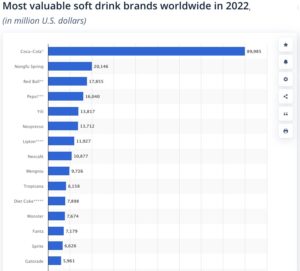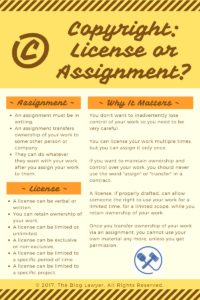This is the third installment of a series of blog posts talking about the way some companies seek to enforce their trademark rights. You can read part 1 of the Trademark Battles here and part 2 of the Trademark Battles here.
Today’s lesson is another cautionary tale where a company regrets their decision to enter into the sometimes murky waters of trademark enforcement. It’s always better to tread lightly, particularly when you have exposure to the consuming public. Sometimes, you may find out that your decision to aggressively enforce your trademark leads you into trouble.








